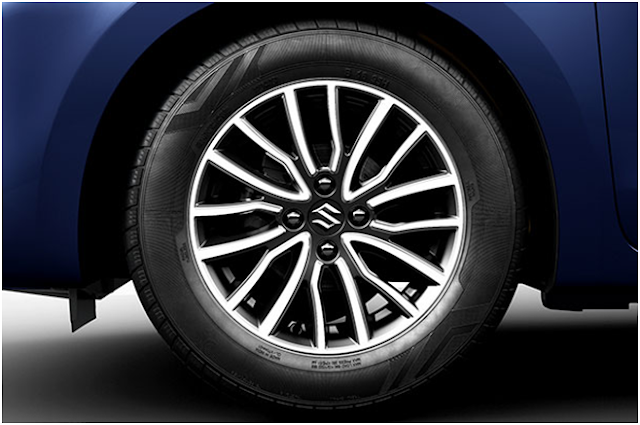Are you thinking of changing the look of your car's exterior? What's
the first thing that springs to mind when you're asked this question?
The wheels, for example, are at the top of the list. Many motorists
spend a significant amount of money on alloy wheels for their vehicles.
Is it only for the sake of appearances, or is there a technical reason?
It
is critical to select the correct wheels for your car. Steel and alloy
wheels are the two most frequent types of wheels used in automobiles, so
you have a choice. There are a few additional varieties, such as carbon
fiber, but they are extremely rare and costly.
Each substance has its own set of benefits and drawbacks. Steel wheels are ubiquitous on entry-level automobiles since it is a common metal for most sections of the vehicle. It is inexpensive and may be readily molded into various shapes to satisfy the requirements. However, alloy wheels are being fitted to an increasing number of automobiles these days, which increased the demand for alloy wheel repair NH. If you are one of the owners of alloy wheel but want to understand the difference between steel wheels and alloy wheels, this will help:
Allow Wheels
Alloy
wheels are made of a combination of aluminum, nickel, and magnesium and
are forged. Aluminum is utilized because of its low weight. These are
less durable and pricey, but their small weight makes them easier to
handle.
Features
- Alloy wheels are lightweight and more maneuverable.
- There is less unsprung mass due to the lightweight, which increases fuel efficiency.
- Alloy wheels allow for more personalization, and they are more visually pleasing than steel wheels.
- Because alloy wheels have a lighter frame, they exert less load on the suspension, allowing for quicker acceleration.
Steel Wheels
Steel
wheels are an excellent option for drivers searching for a less
expensive but more durable option. These wheels are more durable than
alloy wheels and are perfect for heavier cars.
Features
- OEMs prefer more common steel wheels.
- Steel wheels are more flexible and absorb more shocks than their aluminum counterparts.
- They're incredibly long-lasting, inexpensive, and simple to maintain.
- Off-road and heavy-duty applications are appropriate for these wheels.
- Steel wheels have more weight, which helps maintain the car stable and prevents slippage while driving in the snow.
Conclusion
Steel
wheels are said to last longer as compared to alloy wheels, they can
absorb more amount of shock and these are resistant to impact. Alloy
wheels are lighter and it allows better handling. Another important
difference between alloy wheels is that it enhances the vehicle's
profile and are easily customized.
Once you understand the difference between alloy wheels and steel wheels, you would want to get your hands on the more efficient and long-lasting wheel. However, owning alloy wheels will lead to requiring alloy wheel repair NH. Most car owners want to connect with a reliable service provider and KwickRims will be a perfect choice. Find out more by visiting http://www.kwickrims.com/ or call them at 603-571-7467 for immediate assistance.
















0 comments:
Post a Comment